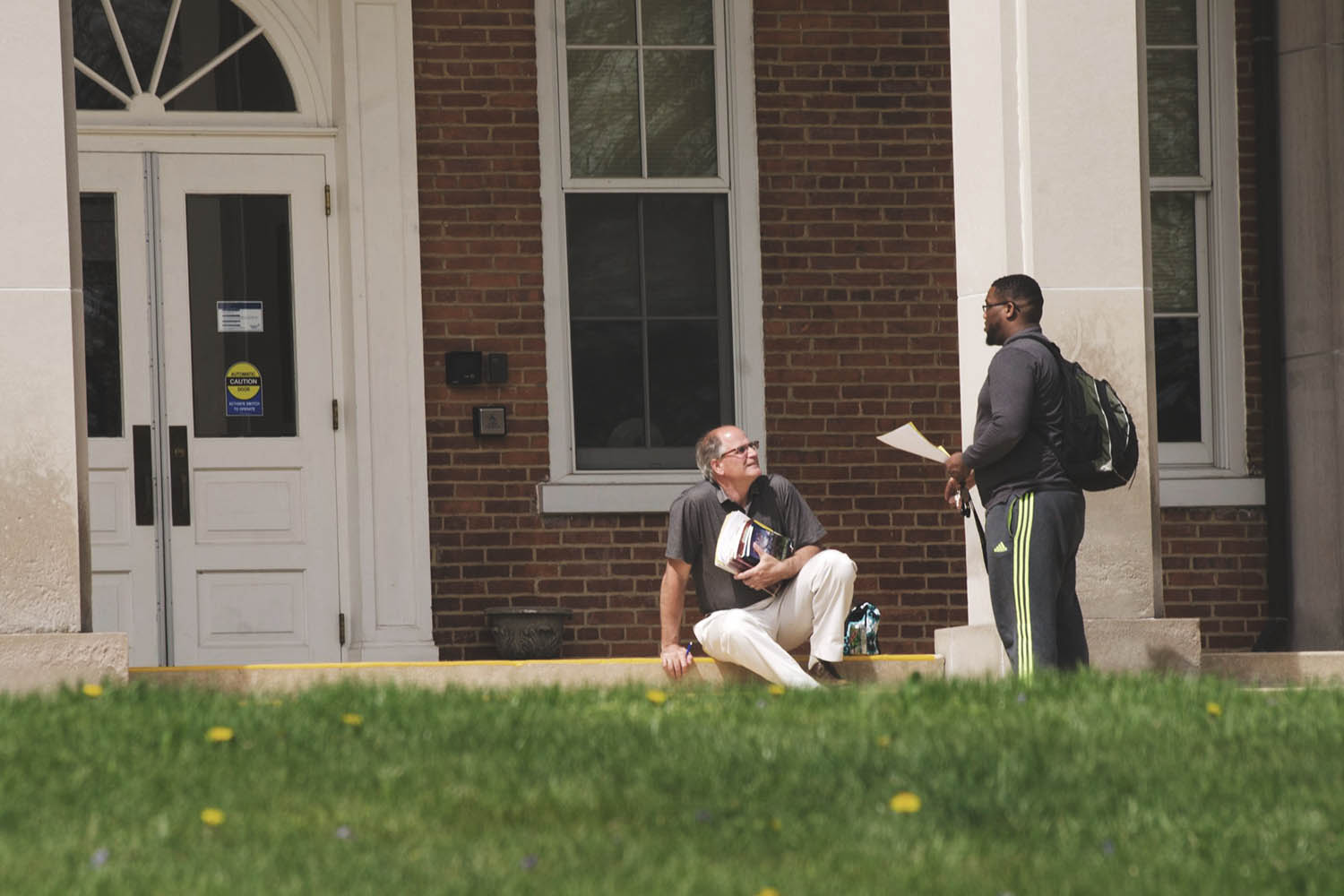
EVANGELICAL SEMINARY
Originated in Myerstown, Pennsylvania – United States

Originated in Myerstown, Pennsylvania – United States
OFFICE
121 S. College St.
Myerstown, PA 17067
Directions
(717) 866-5775
Evangelical Seminary became a part of Kairos University on July 1, 2022. It’s history grew out of a Wesleyan movement called the Evangelical Congregational Church, a group that traces its roots to the conversion of Jacob Albright, a Pennsylvania German farmer.
He had a deep desire to bring the Christian faith to his neighbors at a time when the Methodist Church did not allow worship services to be conducted in the German language. Between 1816 and 1953 God kept opening doors that would eventually lead to the founding of Evangelical Congregational School of Theology in Myerstown, PA. In 2011 the school became known as Evangelical Seminary and in 2020 it became a founding Legacy Partner in Kairos University. Over the course of the last half-century, Evangelical Seminary has partnered with the church to prepare men and women who flourish in their vocations – all the while holding true to John Wesley’s concern for “rigorous minds, passionate hearts, and Christ-centered action.”

Anthony Blair is a Kairos Executive Partner and the Evangelical Seminary Legacy President.

Partnering with Kairos to grow its mission, Evangelical Seminary became a legacy partner in 2020.

For nearly 70 years, Evangelical Seminary has prepared men and women for Christian vocations.
